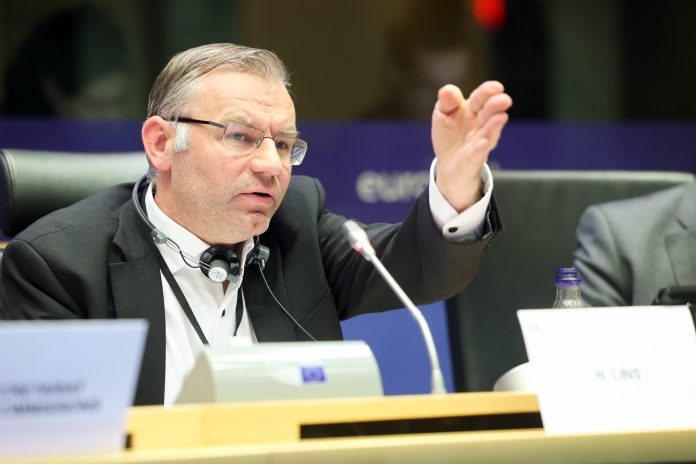The Commission and EU countries should support the transition to organic fertilisers and become less dependent on Russian fertilisers, say MEPs on the Agriculture Committee.
The draft text, steered through the Agriculture Committee by its Chair Norbert Lins (EPP, DE) and approved by 38 votes to 7 and 2 abstentions, says that all mineral fertilisers, apart from those coming from Russia and Belarus, should continue to be temporarily exempt from import duties in order to stabilise prices.
The draft text is Parliament’s response to the Commission Communication from 9 November 2022, addressing the scarcity of fertilisers aggravated by the Russian war in Ukraine.
MEPs stress that Russia has abused its dominance in gas supplies and used fertilisers as a political weapon. Further high-level use of these fertilisers risks fuelling Russian war efforts and supporting other autocratic regimes, they point out. However, the EU’s dependence on Russian and Belarussian fertilisers should not be replaced by other imported fertilisers; neither should the shift to a low-carbon European fertiliser industry be put at risk, they note.
MEPs urge the Commission to develop a long-term EU Fertiliser Strategy and to present an EU Sustainable Soil Nutrient Strategy by June 2023.
Short-term actions to tackle crisis
Given that the crisis reserve is not sufficient to tackle rising fertiliser costs that result in increasing production costs, MEPs appeal to the European Commission and to EU countries to support farmers until the market stabilises and alternatives to mineral fertilisers become available.
The consecutive reductions in the common agricultural policy (CAP) budget should be compensated in the mid-term review of the EU budget (the multiannual financial framework), MEPs add, arguing that the EU should also pursue other ways to fund agricultural activities beyond the CAP.
Echo-shemes and Renure products to replace chemical fertilisers
To address the situation of fertilisers, MEPs urge EU countries to identify solutions which efficiently use the CAP Strategic Plans and, within this context, echo-schemes to promote organic fertilisation.
MEPs also ask that organic alternatives to chemical fertilisers, such as RENURE (‘REcovered Nitrogen from manURE’), with the potential to substitute chemical fertilisers without resulting in additional emissions, be enabled above the threshold in the Nitrate Vulnerable Zones by the Nitrates Directive.
The draft resolution on ensuring availability and affordability of fertilisers will be voted on in one of the next plenary sessions, probably in February.

